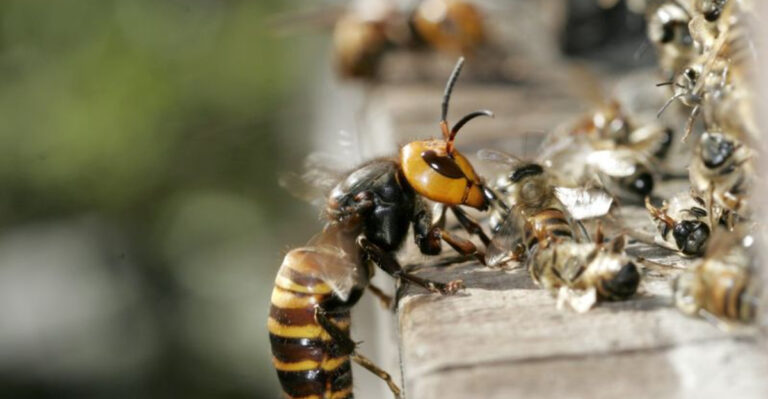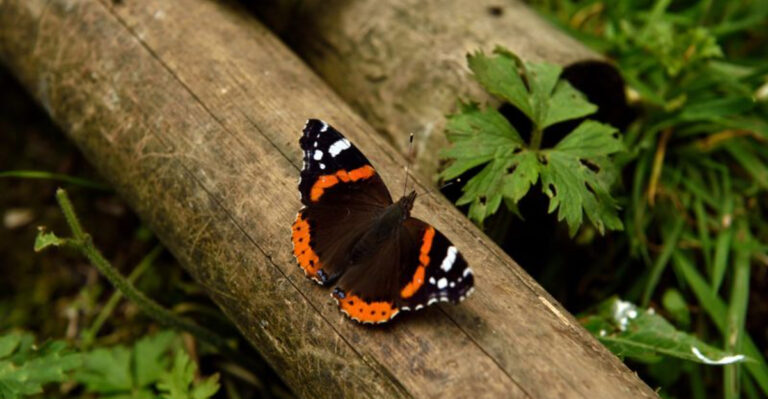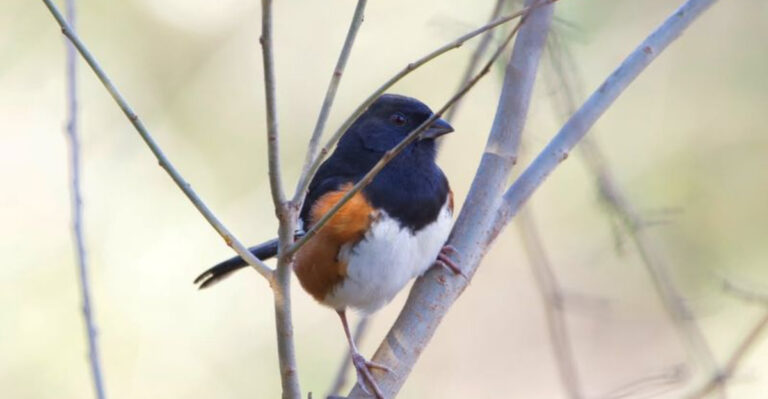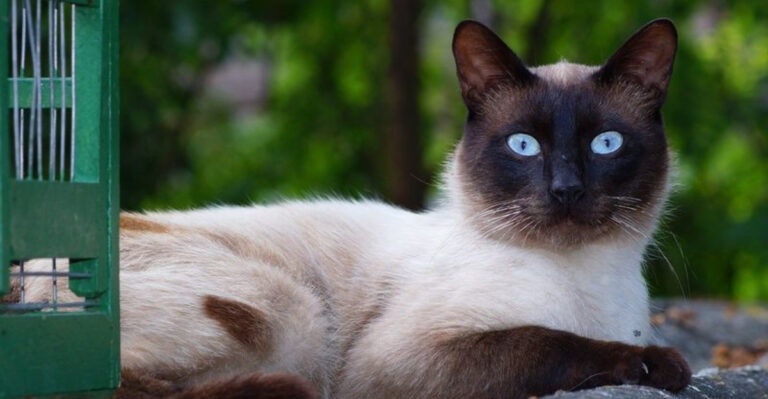16 Things To Know Before Getting A Pet Frog
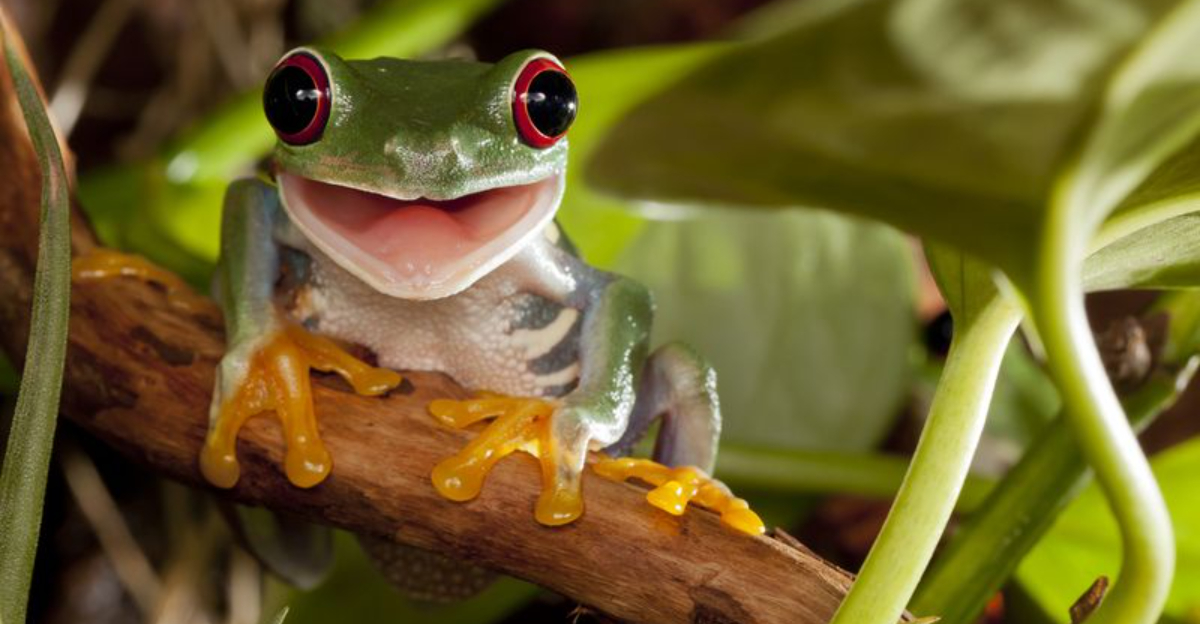
Thinking of hopping into frog ownership? You’re in for a ribbiting adventure! Frogs are fascinating, often mysterious pets, but before you bring one home, there are some unusual yet important things to know.
These quirky companions require specialized care, making them quite different from your typical furry friends. From their unique dietary needs to their specific habitat requirements, here’s your guide to everything frog-related.
1. Frogs Have Specific Habitat Needs
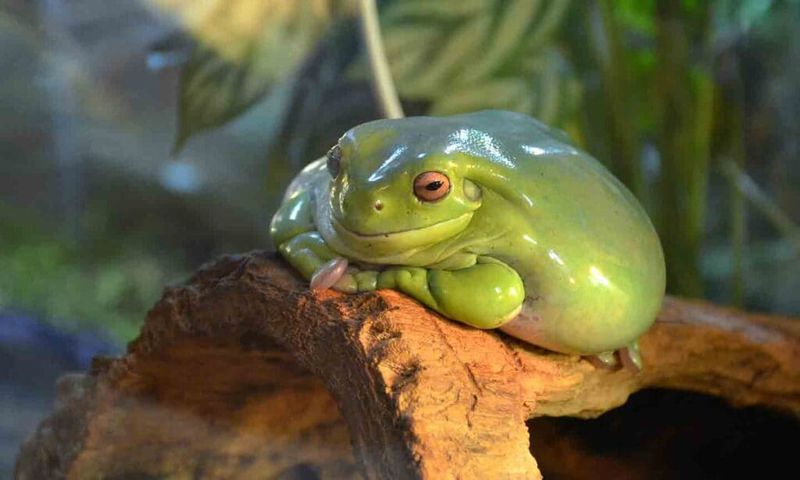
Creating the perfect frog habitat is like crafting a tiny rainforest. Frogs thrive in specific conditions: the right humidity, temperature, and space. A well-designed terrarium mimics their natural environment.
Think cozy corners, climbing branches, and a splashy water feature. This isn’t just about aesthetics; it’s crucial for their wellbeing. Happy frogs mean an active, engaging pet.
2. Frogs Require A Specialized Diet
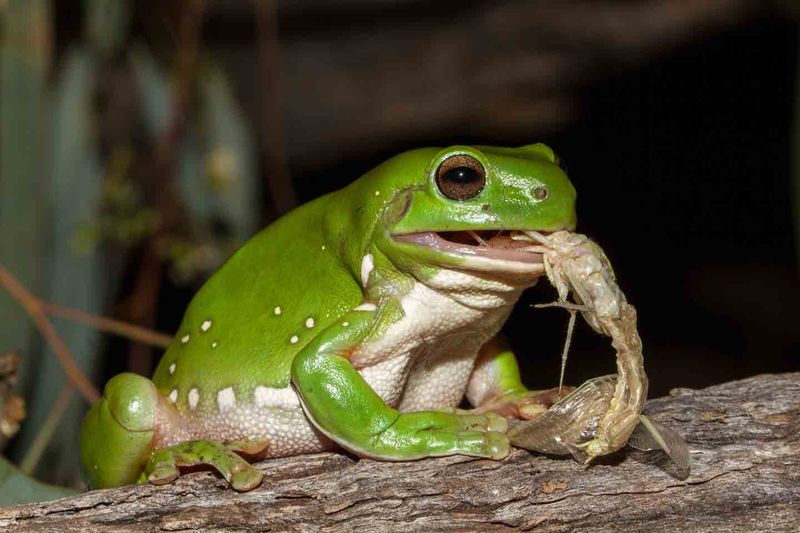
Frogs are the carnivores of the amphibian world, feasting on live insects like crickets and worms. A steady diet of these creepy crawlies keeps them healthy and hopping.
It’s a bit like a live-action dinner theater, watching them hunt in their tank. Just be sure to gut-load your insects with nutrients before serving them up on this hopping buffet.
3. Tank Size Matters
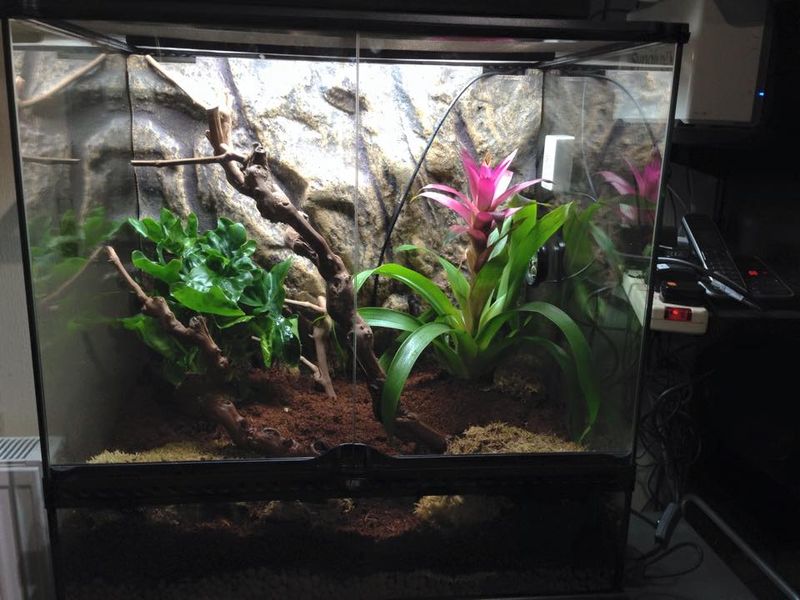
Not all frogs are built the same, and neither are their tanks. Some need room to leap like Olympic athletes, while others prefer a snug fit. Choosing the right tank size depends on your frog species.
Remember, a cramped frog is an unhappy frog. Give them room to jump, swim, and explore to their heart’s content—it’s their whole world, after all.
4. Frogs Are Sensitive To Chemicals
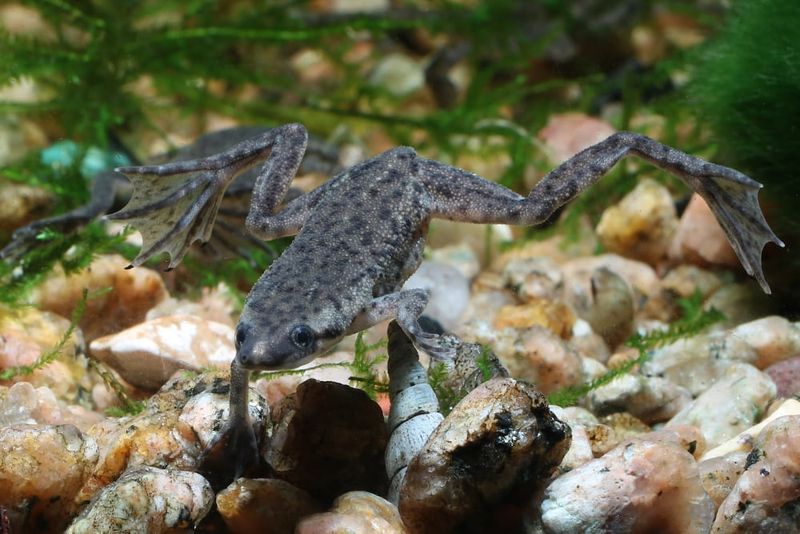
Frogs have incredibly sensitive skin, making them vulnerable to chemicals in tap water. Using water conditioners to remove chlorine and chloramine is essential. Imagine their skin acting like a sponge, soaking up everything around them—including harmful substances.
Maintaining clean, conditioned water keeps your frog healthy and their skin glowing with vitality. It’s like a spa day every day!
5. Frogs Can Live For Several Years
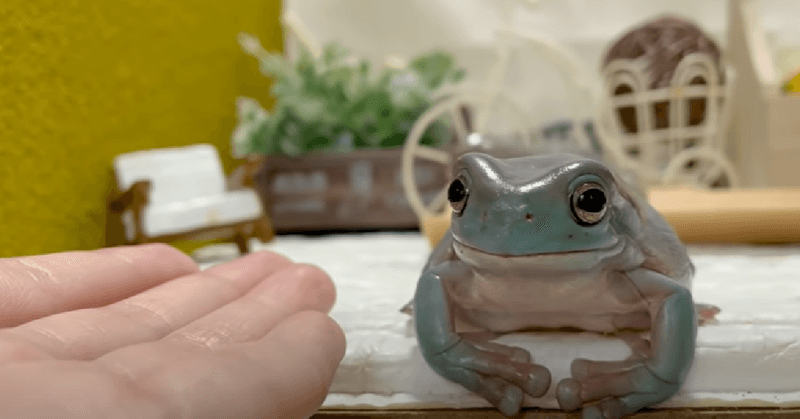
A pet frog can be a long-term commitment, with many living several years in captivity. They’re not just a short-term fling; these little hoppers stick around!
Considering their lifespan is crucial before bringing one home. It’s like starting a quirky, amphibious relationship that requires consistent love and care. Be prepared for the long haul and enjoy every leap and bound.
6. Frogs Need Proper Lighting
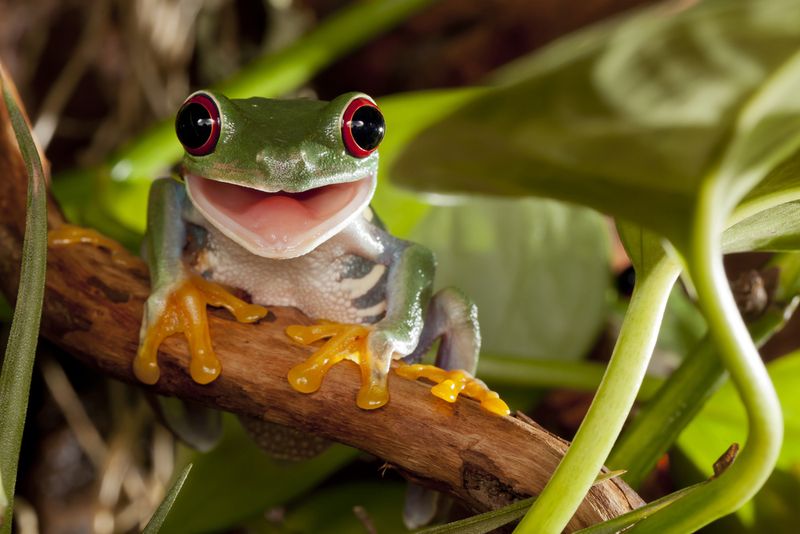
Lighting isn’t just for aesthetics; it’s vital for a frog’s health. They need UVB light for digestion and vitamin synthesis, just like a sunbather catching rays.
But balance is key, with dark periods to mimic natural day-night cycles. Research your frog’s lighting needs to set the perfect mood lighting in their tank. A well-lit frog is a happy, active frog!
7. Frogs Can Be Nocturnal
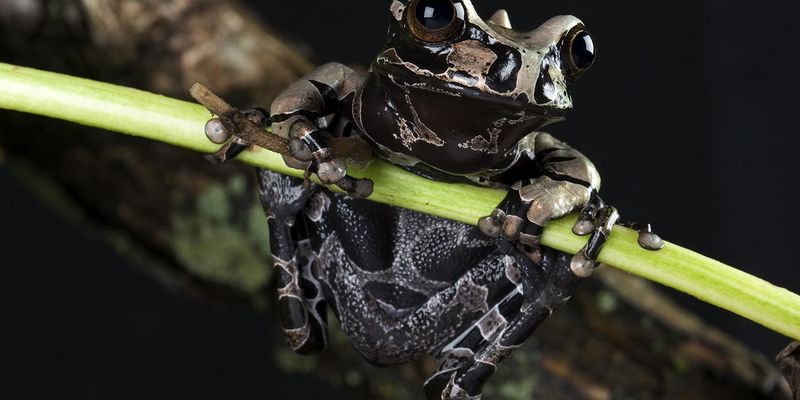
Some frogs are night owls, hopping around when the world’s asleep. This nocturnal nature means they might be more active during your bedtime. It’s like having a secret superhero watching over the night.
Embrace their unique schedule by providing a quiet, dark environment during the day. Acknowledge their nightlife, and they’ll be ready for action when you least expect it.
8. Frogs Need Regular Water Changes
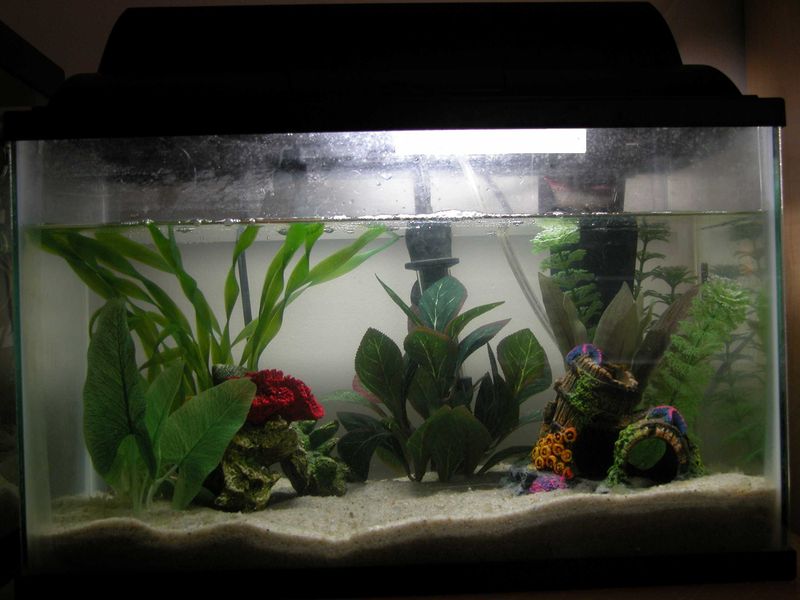
Keeping your frog’s water pristine is essential, as dirty water can lead to diseases. Regular water changes are a must to prevent bacteria buildup. Think of it as their version of room service, providing fresh, clean habitats consistently.
It might seem a chore, but your frog will thank you with happy croaks. A clean tank is the secret to a healthy, thriving frog.
9. Frogs Can Be Fragile
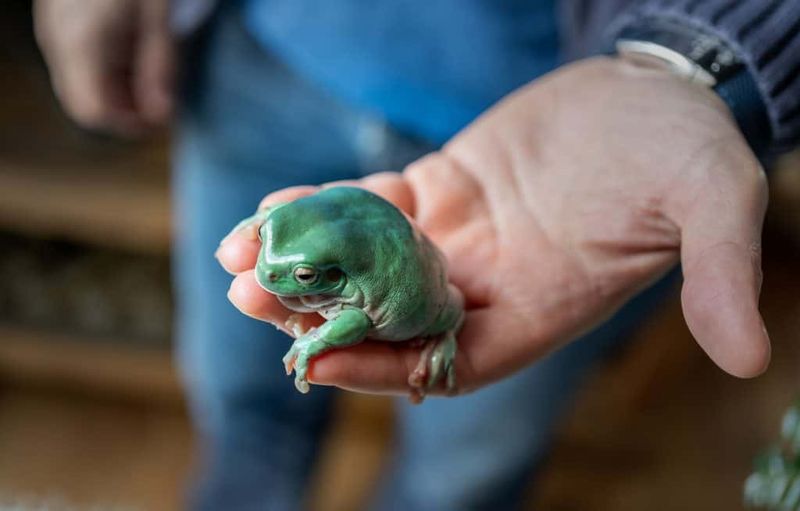
Frogs are delicate creatures, much like fine china. Their sensitive skin and fragile bodies require gentle handling to avoid stress or injury. It’s a bit like handling a precious heirloom—care and respect are key.
Avoid unnecessary handling and always wash your hands before and after if you must. Treat them with the tenderness they deserve, and they’ll flourish in their environment.
10. Frogs Are Low-Maintenance Pets
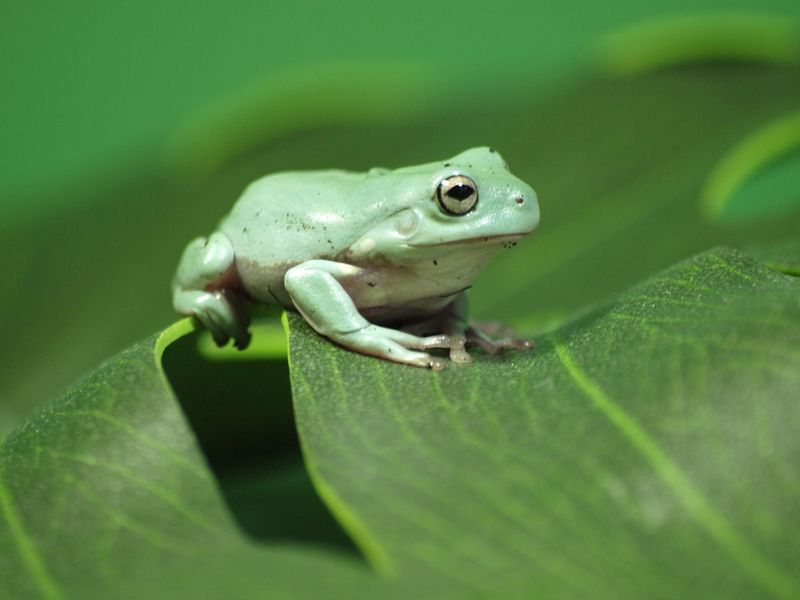
While frogs have specific habitat needs, they’re generally laid-back compared to other pets. No need for daily walks or intensive grooming—just regular tank maintenance and feeding.
It’s like having a chill roommate who doesn’t hog the remote. With the right setup, they’ll thrive with minimal fuss. Enjoy the simplicity and the unique charm that only a frog can bring into your life.
11. Frogs May Require A Companion Species
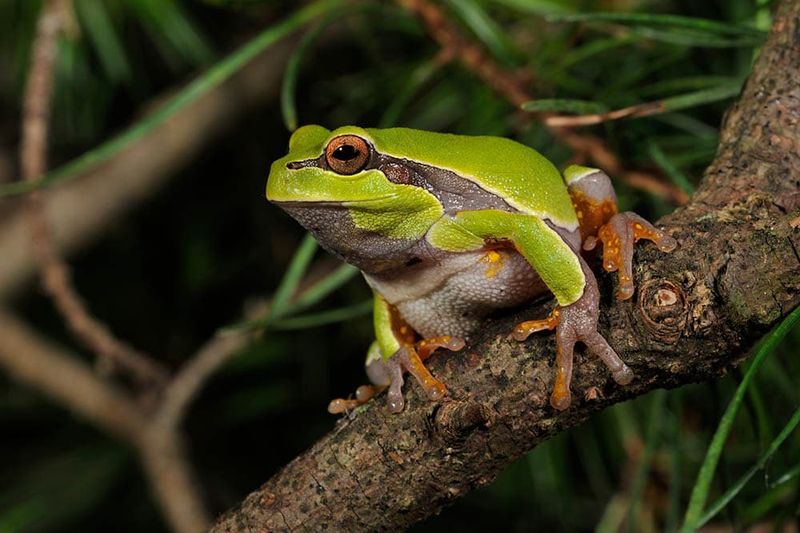
Some frogs are social butterflies, thriving with a companion. However, not all species can cohabitate peacefully. Research is vital before introducing a new tank mate.
Think of it as matchmaking for the amphibian world—finding the perfect match keeps harmony in their humble abode. With the right buddy, your frog can enjoy both solitude and social time without any drama.
12. Frogs Can Jump High
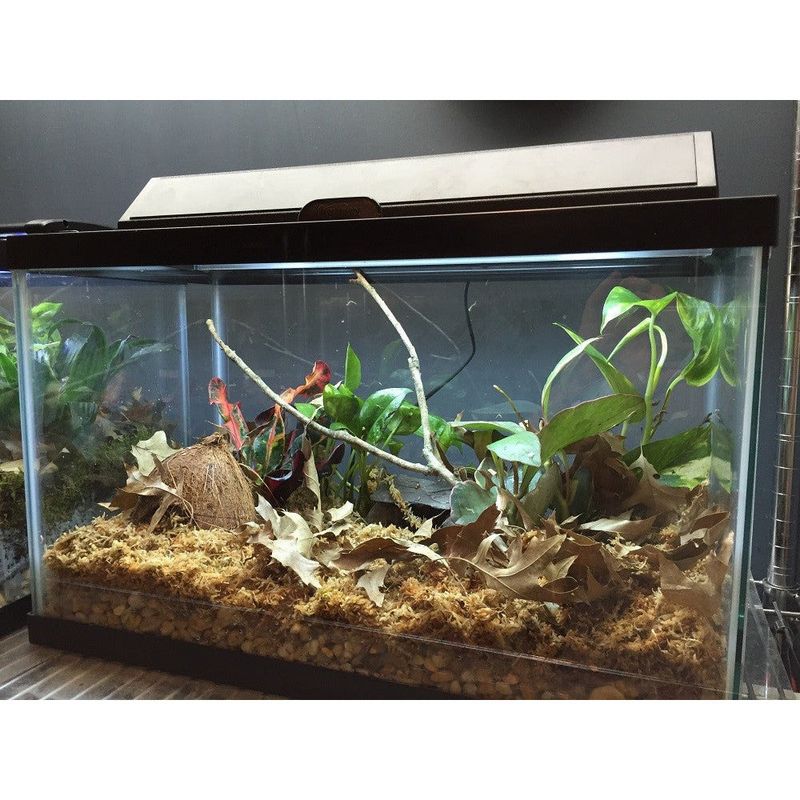
Frogs are exceptional jumpers, reaching heights that surprise even seasoned owners. A secure tank with no escape routes is necessary to keep these acrobats safe.
It’s like housing a tiny escape artist in a high-security facility—every gap should be sealed. With a secure lid, you can rest easy knowing your frog won’t leap into unexpected adventures.
13. Frogs Can Get Diseases
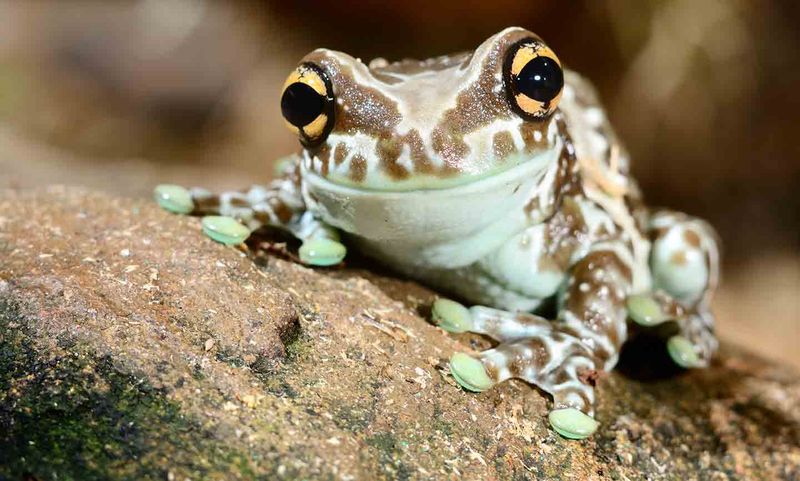
Like any pet, frogs are susceptible to diseases, from skin infections to parasites. Regular monitoring of their health and maintaining a clean habitat are critical.
Consider it preventative maintenance, like regular check-ups at the vet but for your froggy friend. Observing for unusual behavior or appearance helps catch issues early, keeping your frog fit as a fiddle.
14. Frogs May Need Specialized Substrate
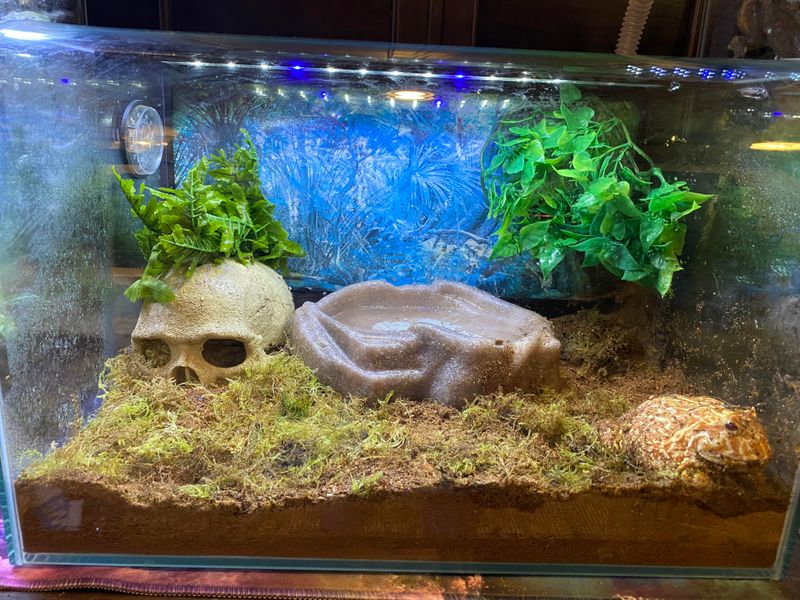
The right substrate in your frog’s tank can make a world of difference. Some species thrive on moss, while others prefer coconut husk or gravel. It’s all about creating a comfortable base that mimics their natural environment.
Imagine laying out a plush carpet for your frog to lounge on. Choosing wisely ensures your frog feels right at home, enhancing their overall happiness.
15. Frogs Are Best For Observing, Not Handling
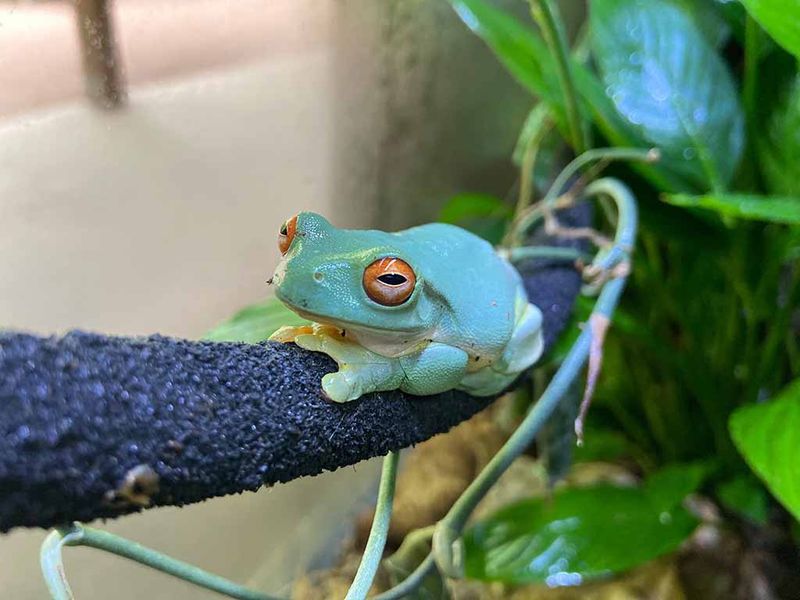
Frogs are more ‘look, don’t touch’ pets. Their sensitive skin absorbs oils and chemicals from human hands, making frequent handling a no-no. It’s like admiring a work of art from a safe distance—appreciation without interference.
Watching their antics from afar provides endless entertainment while keeping them safe and stress-free. Your frog will thrive with just your attentive gaze.
16. Frogs Have Unique Vocalizations
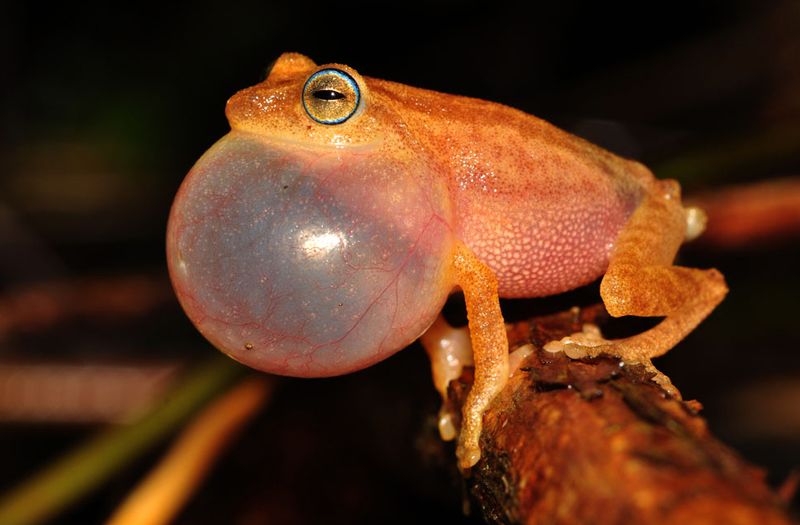
Frogs can be quite the vocal performers, especially during breeding seasons. Their croaks add a symphonic charm to your home, but it might get noisy. It’s their way of expressing joy or calling to mates.
These unique vocalizations are a delightful, albeit sometimes loud, addition to their personality. Embrace the chorus, and let their natural calls become a comforting background melody.

